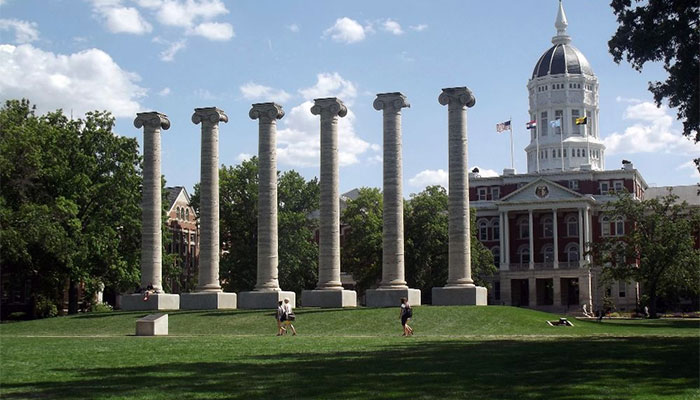
The Missouri Kidney Program (MoKP) is a state funded organization that provides financial assistance for eligible Missourians who have end-stage renal disease or have received a kidney transplant. The program supports education and research, partners with dialysis centers and transplant centers statewide and has expertise in health insurance for kidney disease, including Medicare and Medicaid. The Missouri Kidney Program is administered by the University of Missouri, School of Medicine, located in Columbia, Missouri.
Our Mission
Offering supportive resources and quality service to Missourians with end-stage renal disease, while exhibiting financial stewardship in the management of all resources.
Our Vision
We will be seen as trusted, experienced leaders and partners positively impacting the lives of Missourians with end-stage renal disease.
Our Goals
- Maintain low administrative costs
- Expand service to Missourians in greatest need
- Support educational experiences for CKD patients and providers
- Work with organizations committed to the prevention and treatment of kidney disease
- Strive for health literate communications
History
In 1968, the Missouri General Assembly appropriated $100,000 to the University of Missouri Board of Curators for a state kidney program to assist Missourians with end-stage renal disease to access life-saving dialysis treatment.
The Missouri Regional Medical Program, a federally funded program, administered by the University of Missouri, was selected by the Legislature to develop a state renal disease program. The following year, 17 Missourians received state and federal assistance for dialysis care.
In 1973, the US Congress passed Public Law No. 92-603, extending Medicare to end-stage renal disease patients, making treatment widely available and utilized.
In 1976, the Regional Medical Programs were phased out, making it necessary to identify another organization to administer the state kidney program. The Missouri Kidney Program (MoKP) was established by the Missouri General Assembly in the Missouri Department of Higher Education Budget, House Bill 3.
The program has grown to serve over 1200 participants from all areas of the state.